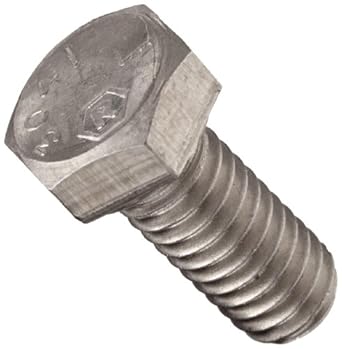When I was younger, I wanted to put two things on my resume: Black Belt and Eagle Scout.
Only one of those things happend. Hint: I never came anywhere close to being a black belt.
In fact, I never even had any formal martial arts training. (I mean I had a few lessons when I was small, but I am not going to count that as I don’t remember much of anything.) As such the dream of attaining a black belt faded away into the distance. What I had not realized was that martial arts is half physical and half mental. Strength and muscle memory are required to advance, but the martial arts are also a mind game.

Joe Hyams is an author who spent a significant portion of his life dedicated to the martial arts. He studied under some of the greatest masters of his era including George Waite, Ed Parker, and Bruce Lee. His idea for writing the book came from how Zen is taught in martial arts classes–Short lessons and stories. He wanted to recapture the teachings and format them for nonmartial arts readers.
Zen In The Martial Arts is a short book. It contains only 133 small pages to express its message and themes.
The book is broken down into a variety of short stories. Each short story contains a lesson that Joe Hyams has learned on his journey through the martial arts. The techniques taught in the book range from mental exercises to ways of thinking, and even different behaviors. Little did I realize that I would learn how helpful some of the techniques can be first hand.
At the end of fall semester freshman year of college and during finals week no less. I fell ill with phenomena and had to remain hospitalized for three days. On the second day of my stay in the hospital, the doctors decided to aspirate a cyst that was inside of my right lung. This operation was to be conducted while I was fully conscious.
WARNING MILDLY INTENSE DESCRIPTION AHEAD
The procedure would involve me receiving a small amount of anesthetic in my chest and then the radiologist would insert a needle straight through my chest, puncture the lung wall and finally end up inside the cyst in my lung. The radiologist would then withdraw some of the fluid inside the cyst for analysis and then remove the needle.
Now I am a brave person but having a sharp metal object puncture your lungs (Even when done by a trained professional) is not exactly what I do on the daily. I was in need of guidance. That’s where Mr. Hyams pulled through for me.
Un-Thinking Pain
One of the martial arts masters that Hyams was seeing had to undergo surgery. The master refused anesthetic. Instead, he decided to go through the whole operation conscious with his senses undulled. When the operation was complete Hyams asked how the master had done what he did.
“Regulate your breathing, fix your eyes and mind on something else–perhaps a rock or a spot on the floor or ceiling. Concentrate on that object, savor it, taste it, give it color and smell the dimension. let it absorb all your thoughts and concentration, and the pain will diminish.”

When I was lying under the CT scanner with a needle about to go into my chest, I thought back to the old zen master’s quote and found peace in a tiny bolt on the ceiling. I let the bolt encompass my whole being. To this day, months later, I can still picture it perfectly in my mind. The tiny imperfections, how it was slightly corroded on the left side, how specifically the nut fit over-top of the washer.
Then the operation was over.
I was shocked. The focused concentration had worked so well that the time of the operation had even slipped away from me.
I didn’t intend this blog to become a list of book reviews, but from me to you, I highly recommend this book.
I love that you talked about your personal take away from this book! One of the best things about literature or the arts is that often times people have different take aways. While I never read Zen in Martial Arts, I still appreciate you succinct review and relate to the lesson you discussed. Overall quality post, Thank you for the read!
Although I don’t like reading about medical things, you made this blog post very interesting when you discussed how this book helped you when you were in trouble and sick. I like seeing how books make people see things from different perspectives, and I’m glad you discussed something personal from your life in order to fully describe this book.